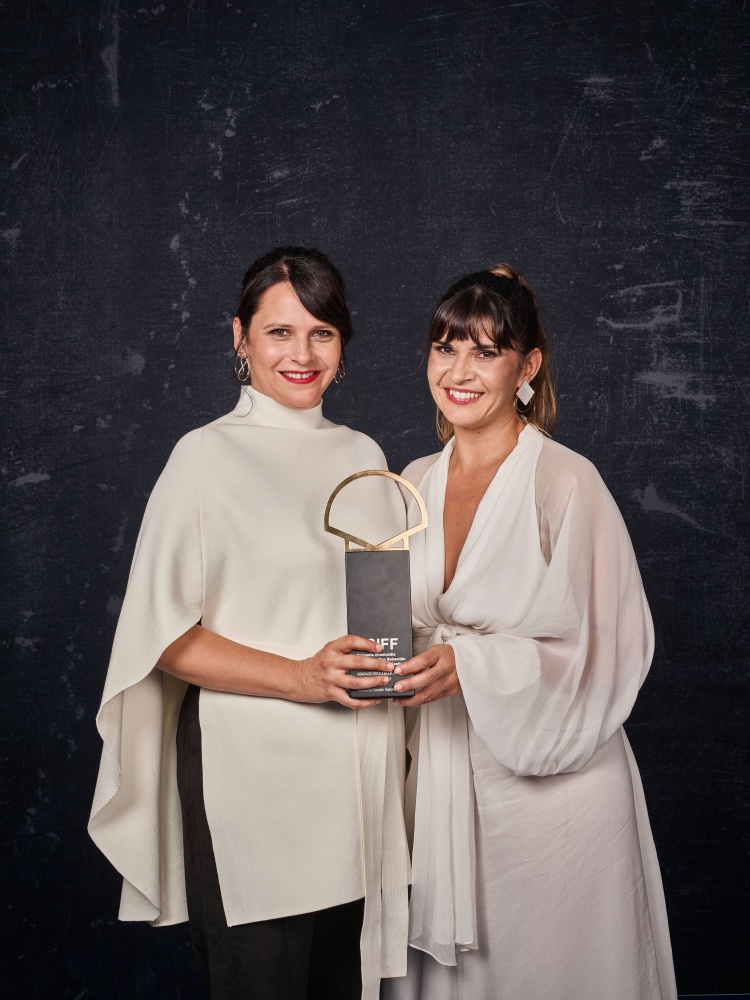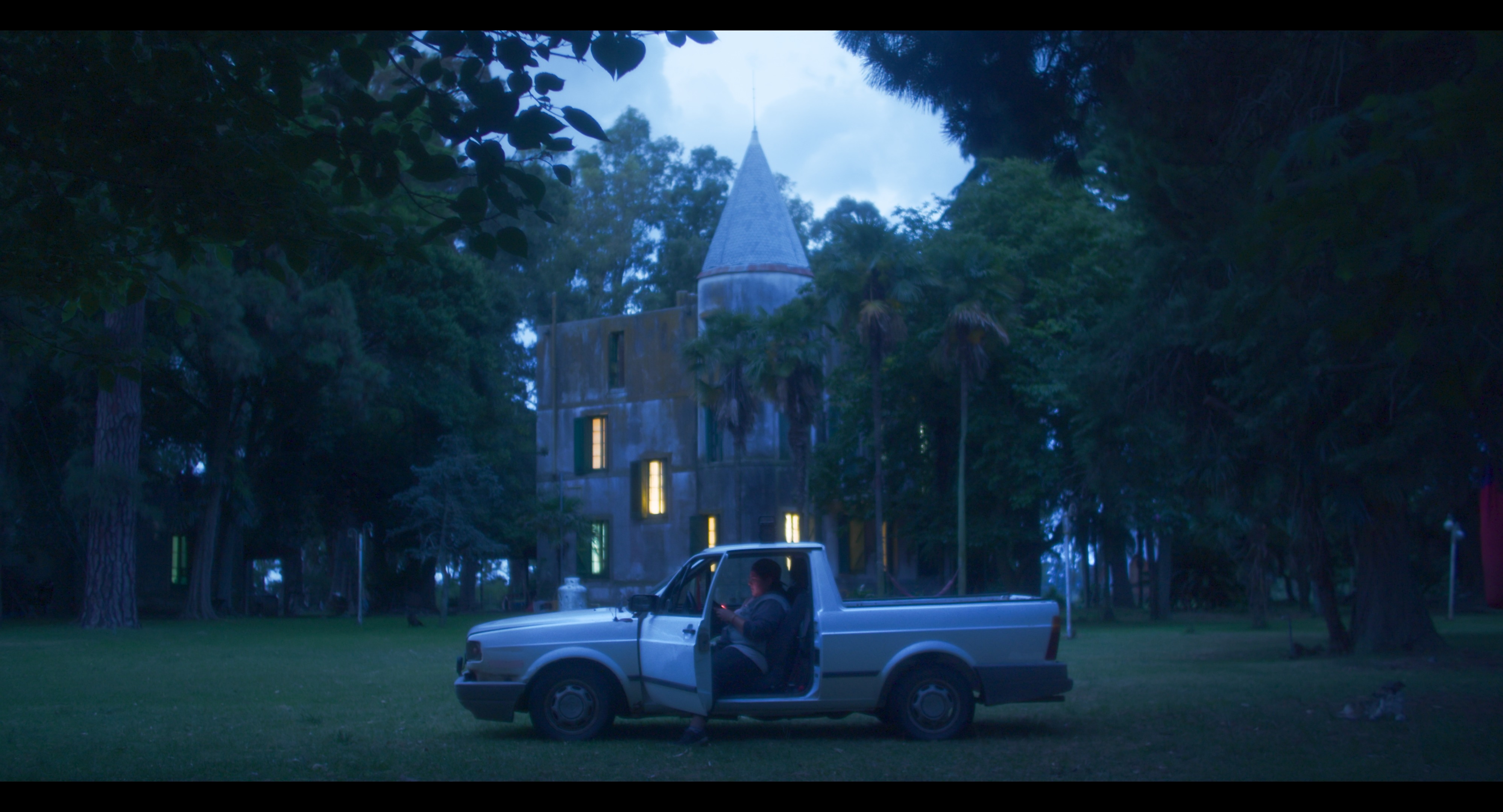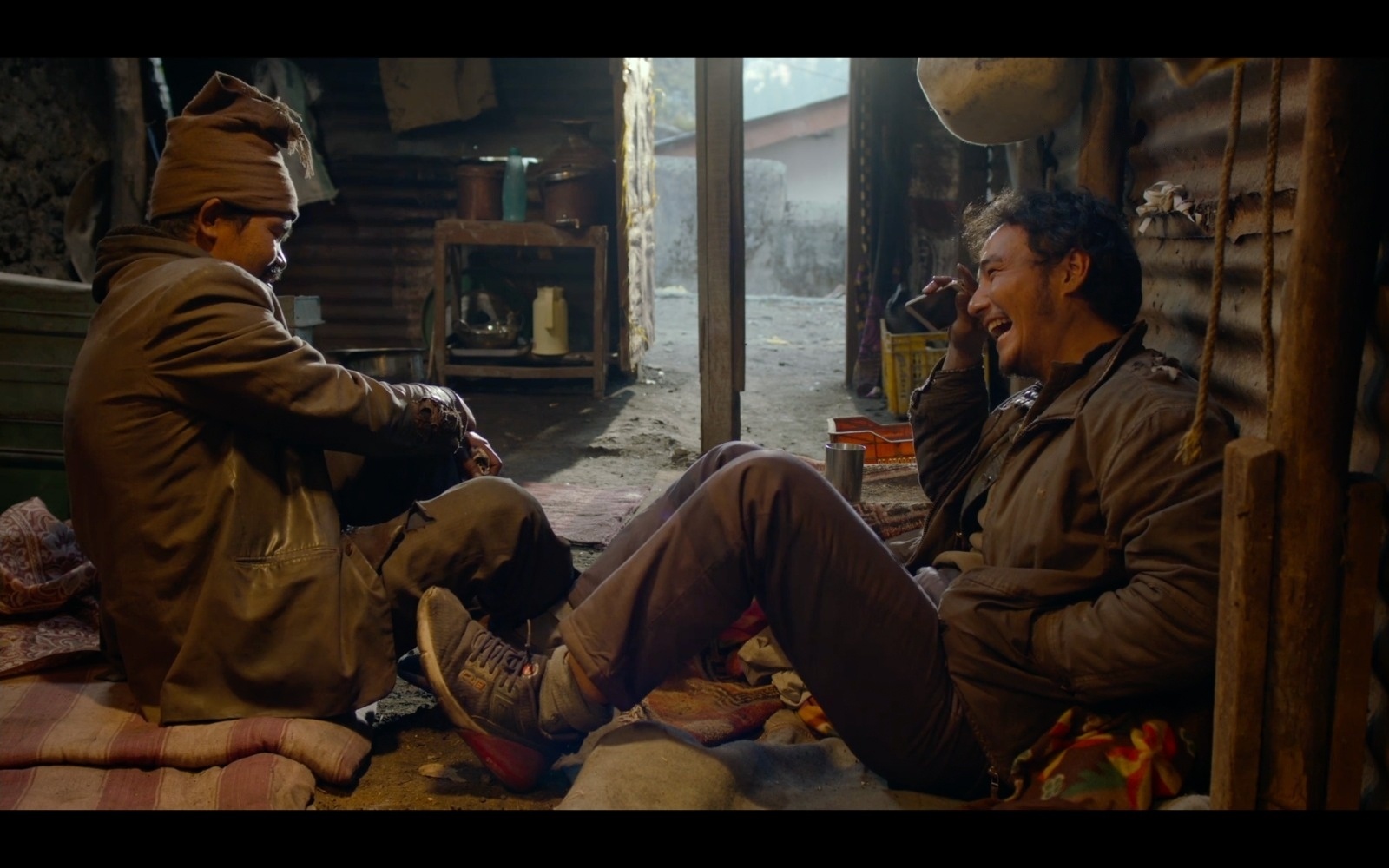
Victor Erice, winner of the Donostia Prize this year, asks the journalists of the Festival: “Do you know what the most permanent image holder is?” The answer is not digital media, not photochemical, but oil. Oil painting prevents the scarring of forgetfulness better than cinema can do.
However, the path of eternity opened by cinema is broad and cautious, and every year the contribution of the Festival is fruitful. Among the classics, this year we have seen the retrospective of Teshigahara, a shipyard in its forms and contents; immortal images of the Festival in the bowels of José Val del Omar or the oldest socialist realism of Raúl Ruiz and Valeria Sarmiento.
Of course, without spectators you cannot be reminded. In this sense, all new projects that pass through the Festival must be recognized as public and critical. Among the views, two are the ones that I have not been able to achieve: The Zone of Interest by Jonathan Glazer and Rotter Himmel (Afire) by Christian Petzold. The pearls have competed in the section and, although they have not earned great honor among viewers, I would like to recommend them. In addition, he points for the sad fall evenings to Fallen Leaves of the great Aki Kaurismäki.
Leaving aside the famous names, I will refer to Mission to Mars, the first feature film by Amat Vallmajor del Pozo, and to Mamántula, the jewel of the Donostiarra Ion de Sosa, which clearly proclaim the flag of the underground and the widest range. Their disinterest and closeness is pleasurable.
Likewise, moving away from the most arrogant and ambitious proposals, El Castillo, by Martín Benchimol, is also worth the attention. In this case, yes, the jury and I have agreed, because the Argentine film has been the winner of Horizontes Latinos. It also stands out in his large Here, by Bas Devos, in the department of Zabaltegi-Tabakalera.
Besides memories and memories, this year’s Film Festival has left us mostly homework. The hours of sleep to be recovered, the new filmographies to be known, the performances that I have not been able to lose in the coming months… There I would be the experimental Anatomie d’une chute (Justine Triet), May December (Todd Haynes) or The Rise of Human 3 (Eduardo Williams), winner of the Zabaltegi-Tabakalera section.
But what happens when screens go off? What red carpet gets up and dust gets up below? What durability does an event have that helps put on sale a city painted with fine oil paint for a week? Perhaps that is, for the future, the image we must remember. Perhaps Eric is right and it is true that we will not always bury in the best and new limits.
As if he left the best for the end, it has been a memorable caress 71. Here, by Belgian director Bas Devos, I have seen the last day of the festival. Stefan, a Romanian construction worker, and Shuxiu, an expert researcher in mosses and daughters of Chinese migrants, are in... [+]
On the eighth day of the festival, cinema has lost all ritual and all signs of mysticism. The cinematic experience has become part of the routine: to be credited, to dismiss the staff of the room and to do it directly to the seat. Without magic, it's a mere formality. Today,... [+]
During the search for locations for the new documentary, Martín Benchimol met the castle, the sunset sign of the Argentine aristocracy. Fascinated, he wanted to meet the local owner. In this way, and full of strangeness, he met Justina, with tanned skin, who after spending his... [+]
Explicit violence, terrible events, wild injustices, tears and howls… What is the formula for building a good dramatic film? I went to New Directors for answers and found two recommended films that answer my question. In today's chronicle, I'm going to focus on two very... [+]






















